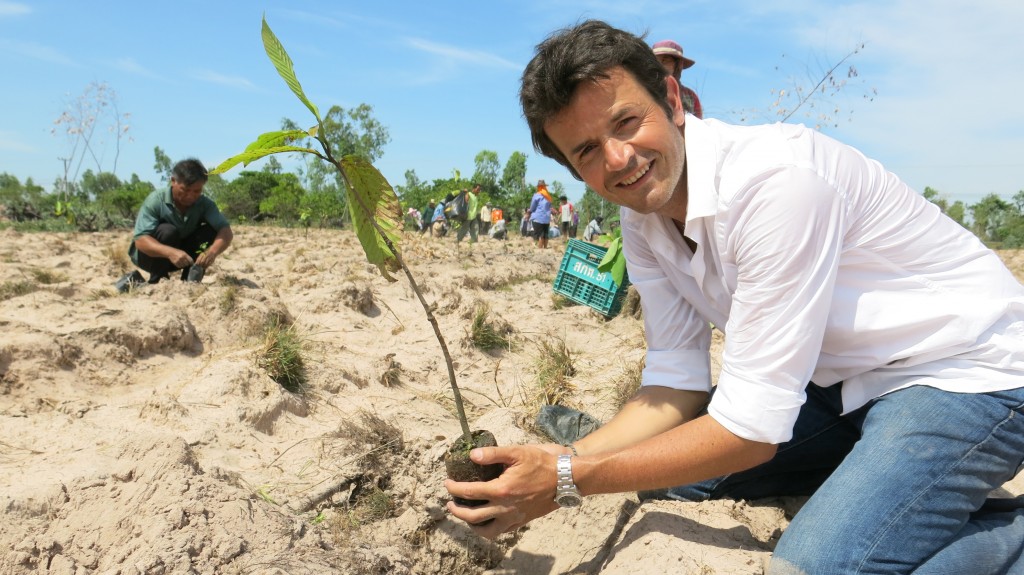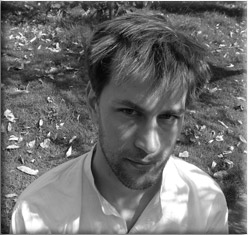Tristan Lecomte
 Tristan Lecomte, as a graduate from HEC, initially took the path of working for multinationals. But the desire to become a social entrepreneur, to share values and to work in accordance with his convictions, pushed him to found Alter Eco, in 1998, now a leading organic and fair trade company on the french market. Tristan developed with PricewaterhouseCoopers, an audit methodology for evaluating the impact of Fair Trade in cooperatives in the South and conducted numerous social and environmental audits around the world.
Tristan Lecomte, as a graduate from HEC, initially took the path of working for multinationals. But the desire to become a social entrepreneur, to share values and to work in accordance with his convictions, pushed him to found Alter Eco, in 1998, now a leading organic and fair trade company on the french market. Tristan developed with PricewaterhouseCoopers, an audit methodology for evaluating the impact of Fair Trade in cooperatives in the South and conducted numerous social and environmental audits around the world.
Tristan founded in 2008, and now leads Pur Projet, a collective organization assisting companies to integrate the climate stake into their core values and business, mainly via ecosystem regeneration and conservation (reforestation, forest conservation,..).
Pur Projet in particular develops “insetting” activities : offsetting the environmental and social footprint of a company locally and within its own supply chains, products and services. “Insetting” brings in environmental and social innovation, and creates shared value, for the organizations themselves, local populations and the Planet. Transforming the pure intentions of a company, into pure projects.
Tristan has been appointed as a “Young Global Leader” by the World Economic Forum and Ashoka Fellow. He shares his commitment and enthusiasm, in seminars and in the lectures he gives at HEC, and in various books, The Fair Trade challenge (Editions d’Organisation 2003),Fair Trade (Eyrolles 2004), Trade will be Fair (2007), and “How I became more Human” (2011).
Tristram Stuart

Tristram Stuart is the winner of the international environmental award, The Sophie Prize 2011, for his fight against food waste. Following the critical success of Tristram’s first book, The Bloodless Revolution (2006), ‘a genuinely revelatory contribution to the history of human ideas’, Tristram has become a renowned campaigner, working in several countries to help improve the environmental and social impact of food production. His latest international prize-winning book, Waste: Uncovering the Global Food Scandal (Penguin, 2009), revealed that Western countries waste up to half of their food, and that tackling this problem is one of the simplest ways of reducing pressure on the environment and on global food supplies. Tristram set up the Feeding the 5000 (www.feeding5k.org), the flagship event of a global food waste campaign where 5000 members of the public are given a free lunch using only ingredients that otherwise would have been wasted. Held twice in Trafalgar Square (2009 and 2011), the Feeding the 5000 team have now launched replica events and campaigns internationally, and has now been commissioned to work globally in partnership with the European Commission and the United Nations Environment Program. Tristram continues to work with a range of NGOs, governments, and private enterprises internationally to tackle the global food waste scandal.

 English
English Français
Français